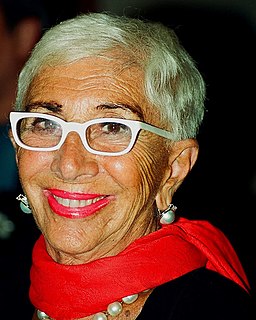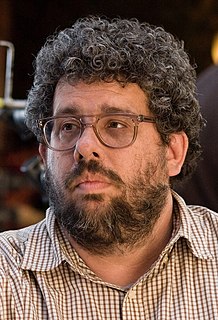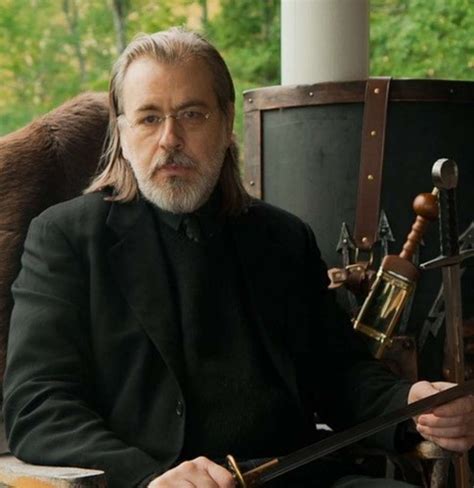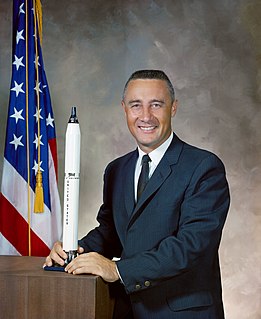A Quote by Ray Bradbury
When I was a young writer if you went to a party and told somebody you were a science-fiction writer you would be insulted. They would call you Flash Gordon all evening, or Buck Rogers.
Related Quotes
As a youngster, I read of Buck Rogers and Flash Gordon. As a student, I wrote English reports on science fiction. And as a fighter pilot, I observed the selection of the Mercury astronauts. All this was fascinating, but I really didn't think I would ever be a part of it. It was only when my good friend Ed White was selected as a Gemini astronaut that I decided to join NASA as part of the Apollo program.
I have always been intensely uncomfortable with the idea of a science fiction writer as prophet. Not that there haven't been science fiction writers who think of themselves as having some sort of prophetic role, but when I think of that, I always think of H.G. Wells - he would think of what was going to happen, and he would imagine how it would happen, and then he would create a fiction to illustrate the idea that he'd had. And no part of my process has ever resembled that at all.
I was a big fan of a writer named Jack Vance, a science fiction writer. He always wrote about these guys who were either going down a river in a strange world or would be in this one land where people acted really strange, and he'd have these interactions with them that were strange - he'd usually get run out of town or something. Then he'd end up in the next town over where the rules were totally different. And I love this stuff.
One of the advantages of having gone to Penn State was having had a scholar for a mentor - Philip Young. Also, a professional writer named Philip Klass taught there. He was a science fiction writer whose pseudonym was William Tenn. As a professional writer, he brought wisdom to teaching because he'd done it for a living.





































